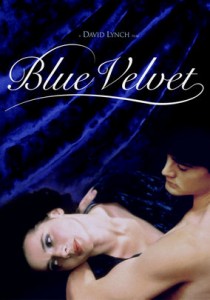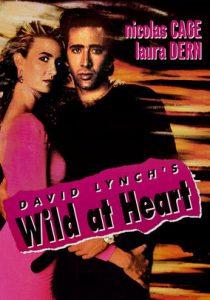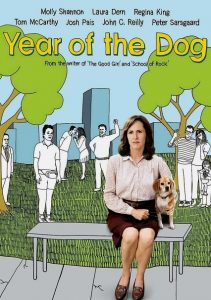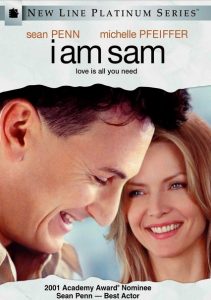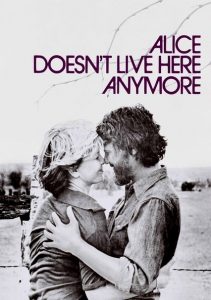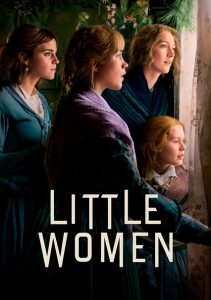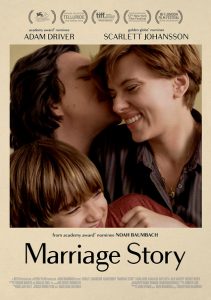Blue Velvet-1986
Director David Lynch
Starring Kyle MacLachlan, Laura Dern, Isabella Rossellini
Top 250 Films #65
Scott’s Review #343
Reviewed January 9, 2016
Grade: A
Based on a 1963 Bobby Vinton tune of the same name, Blue Velvet (1986) is an independent noir thriller directed by the master of the weird and the unusual, David Lynch.
It is surreal in look and so mysterious- almost a precursor to Lynch’s fantastic television series, Twin Peaks. I adore the film and find new facets to it with each passing viewing.
Though it’s not an easy or mainstream watch, the payoff can be big, and you know you are watching a deep, layered film.
The story can be tough to understand in full, but it goes something like this: Under the guise of a cheerful, suburban surface, evil lurks somewhere.
College student, Jeffrey (MacLachlan) discovers a severed human ear lying in an abandoned lot, delivers it to police detective John Williams, and reconnects with the detective’s daughter, Sandy (Dern).
Sandy, being privy to secret information about the case, reveals that a mysterious woman, Dorothy Valens (Isabella Rossellini), resides in an apartment key to the case. Jeffrey and Sandy decide to investigate further, only to get themselves in over their heads as the mystery deepens.
The film’s dreamlike quality is very compelling and intriguing. Layers upon layers come to the forefront as the story unfolds, and very few answers are ever provided- this adds to the mystery and is really the point of the film.
Many aspects are open to interpretation.
The relationship between Jeffrey and the much older Dorothy is fascinating, but what about his chemistry with the innocent Sandy? And who is the Yellowman? When the youngsters see Dorothy perform “Blue Velvet” at her nightclub, it is a great moment in the film.
The character of Frank Booth, played by Dennis Hopper, must be one of the strangest in film history, as the man is maniacal and bizarre beyond measure. With his unusual sexual tastes- he enjoys inhaling gas and sadomasochism- he is a unique character. He is also quite abusive to Dorothy.
The film is a throwback to classic film noir from the 1950s, and a clear femme fatale, Dorothy, is central to the film.
I find the film so compelling since its subject matter is secrets. Many secrets and dark corruption, as well as various forms of left-of-center dealings, reside in this small North Carolina town- it is the audience’s challenge to put all the pieces of this puzzle together.
Oscar Nominations: Best Director-David Lynch
Independent Spirit Award Nominations: 1 win-Best Feature, Best Director-David Lynch, Best Male Lead-Dennis Hopper, Best Female Lead-Isabella Rossellini (won), Laura Dern, Best Screenplay, Best Cinematography
